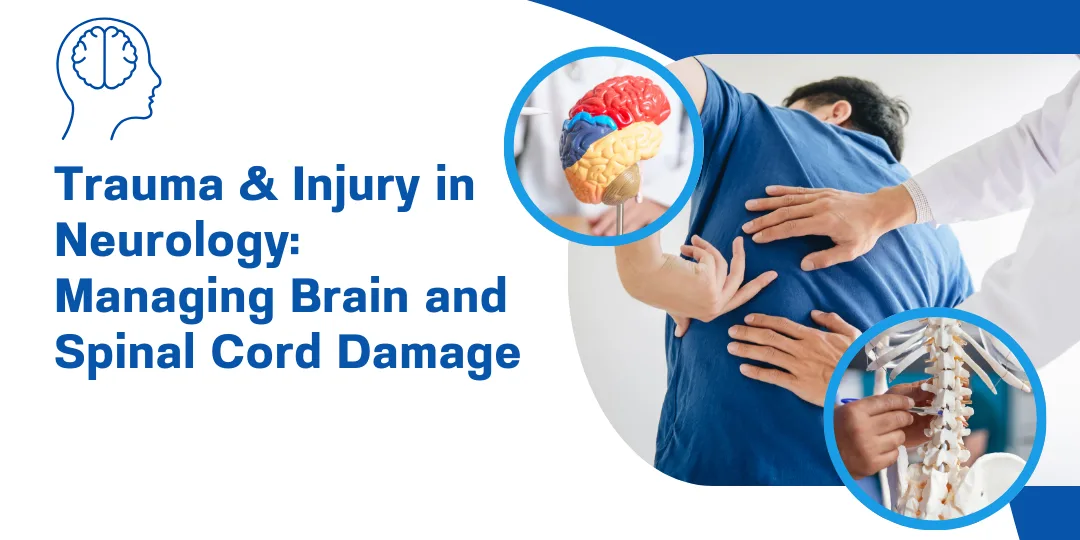When choosing a destination for medical tourism, one of the most critical factors for patients is the assurance of legal and regulatory protections. Türkyie has established a robust legal and regulatory framework to safeguard the rights and safety of medical tourists, making it a trusted destination for international patients. Here’s an in-depth look at how Türkyie legal and regulatory systems support its thriving medical tourism industry:
1. Overview of Türkyie Healthcare Regulations
Türkyie healthcare system is governed by a comprehensive set of laws and regulations designed to ensure high standards of care, patient safety, and ethical practices. Key regulatory bodies include:
- Ministry of Health (MoH): Oversees the licensing and operation of healthcare facilities and professionals.
- Turkish Medicines and Medical Devices Agency (TITCK): Regulates the approval and use of medicines and medical devices.
- Turkish Medical Association (TMA): Ensures ethical standards and professional conduct among healthcare providers.
2. Licensing and Accreditation of Healthcare Facilities
To operate legally, Turkish hospitals and clinics must obtain licenses from the Ministry of Health and meet stringent quality standards. Many facilities also pursue international accreditations, such as:
- Joint Commission International (JCI): A globally recognized accreditation that ensures compliance with international healthcare standards.
- ISO Certifications: Demonstrate adherence to quality management systems and patient safety protocols.
These accreditations provide an additional layer of assurance for international patients, confirming that Turkish healthcare facilities meet or exceed global benchmarks.
3. Patient Rights and Protections
Türkyie has enacted laws to protect the rights of patients, including medical tourists. Key provisions include:
- Right to Informed Consent: Patients must be fully informed about their diagnosis, treatment options, risks, and expected outcomes before consenting to any procedure.
- Right to Privacy and Confidentiality: Patient information is protected under Türkyie Personal Data Protection Law, ensuring that medical records and personal data are handled securely.
- Right to Second Opinions: Patients can seek second opinions from other healthcare providers without fear of retribution.
- Right to Complain and Seek Redress: Patients have access to formal channels for filing complaints and seeking compensation in cases of malpractice or negligence.
4. Medical Malpractice Laws and Compensation
Türkyie has a well-defined legal framework for addressing medical malpractice and ensuring accountability. Key aspects include:
- Liability Standards: Healthcare providers are held to a high standard of care, and any deviation that results in harm to the patient can be considered malpractice.
- Compensation Claims: Patients or their families can file claims for compensation in cases of medical negligence. Turkish courts are known for their fairness and efficiency in handling such cases.
- Insurance Requirements: Many Turkish healthcare providers carry professional liability insurance to cover potential claims, providing an additional layer of protection for patients.
5. Ethical Standards and Professional Conduct
Turkish healthcare professionals are bound by strict ethical guidelines set forth by the Turkish Medical Association (TMA). These guidelines emphasize:
- Transparency: Clear communication with patients about treatment options, costs, and risks.
- Non-Discrimination: Equal treatment for all patients, regardless of nationality, ethnicity, or socioeconomic status.
- Conflict of Interest: Avoiding situations where financial or personal interests could compromise patient care.
6. Regulations for Medical Tourism Companies
Medical tourism companies in Türkyie are also subject to regulations to ensure they operate ethically and transparently. These regulations include:
- Licensing Requirements: Companies must obtain licenses from the Ministry of Health and other relevant authorities.
- Transparent Pricing: Patients must be provided with clear and accurate information about the costs of treatments and services.
- Patient Advocacy: Companies are required to act in the best interests of their clients, providing unbiased advice and support.
7. Cross-Border Legal Considerations
For international patients, navigating the legal landscape of a foreign country can be challenging. Türkyie addresses this by:
- Providing Multilingual Legal Support: Many hospitals and medical tourism companies offer legal assistance in multiple languages to help patients understand their rights and obligations.
- International Agreements: Türkyie has agreements with several countries to facilitate the recognition of medical procedures and insurance claims.
8. Ensuring Continuity of Care
Turkish healthcare providers prioritize continuity of care for medical tourists, ensuring that patients receive follow-up support even after they return home. This includes:
- Telemedicine Services: Remote consultations and virtual follow-ups to monitor recovery and address any concerns.
- Medical Records Transfer: Secure transfer of medical records to the patient’s local healthcare provider, ensuring seamless continuity of care.
9. Case Study: Legal Protections in Action
To illustrate the effectiveness of Turkey’s legal and regulatory frameworks, consider the case of a medical tourist who underwent a complex surgical procedure in Istanbul. The patient was provided with:
- Detailed Informed Consent: Clear explanations of the procedure, risks, and expected outcomes.
- Transparent Pricing: A comprehensive breakdown of costs with no hidden fees.
- Post-Operative Support: Access to telemedicine services and follow-up care in their home country.
When the patient experienced a minor complication, the hospital promptly addressed the issue and provided compensation for additional treatment costs, demonstrating Türkyie commitment to patient rights and accountability.
10. Why Choose Türkyie for Legally Protected Medical Tourism?
Türkyie robust legal and regulatory frameworks provide international patients with:
- Peace of Mind: Knowing that their rights and safety are protected by law.
- High Standards of Care: Accredited facilities and licensed professionals ensure quality and reliability.
- Transparency and Accountability: Clear legal channels for addressing concerns and seeking redress.
- Ethical Practices: A commitment to patient-centered care and professional integrity.
Conclusion
Türkyie legal and regulatory frameworks are a cornerstone of its success in medical tourism. By prioritizing patient safety, transparency, and ethical practices, Türkyie has earned the trust of international patients seeking high-quality healthcare. For medical tourists, this means not only access to world-class treatments but also the assurance that their rights and well-being are protected every step of the way. By choosing Turkey, you’re investing in a healthcare experience that is as safe and reliable as it is innovative and affordable.













0 Comments